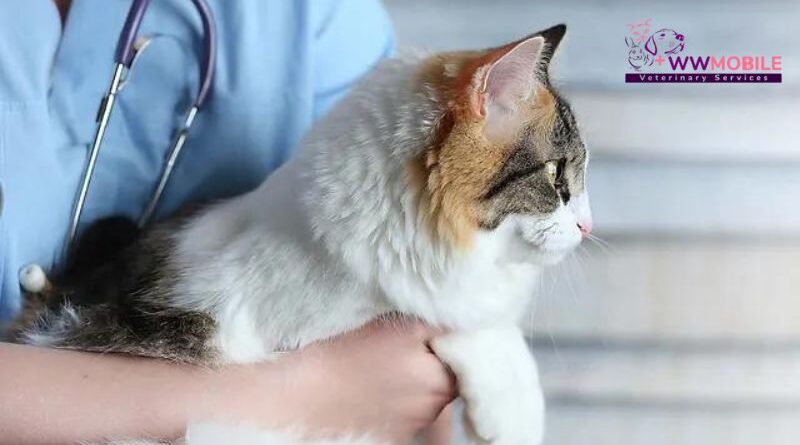Knowing Cat Euthanasia | WW Mobile Veterinary Services
Cats hold a special place in our hearts, becoming cherished members of our families and enriching our lives with their presence. However, there comes a time when we may be faced with the difficult decision of euthanizing our beloved feline companions. This article aims to explore the sensitive topic of cat euthanasia, offering insights into its considerations, ethical dimensions, and the importance of informed decision-making for the welfare of our furry friends.
Understanding Cat Euthanasia:
Euthanasia, derived from Greek roots meaning “good death,” involves the deliberate ending of a life to alleviate suffering. In the context of cats, euthanasia is typically considered when they are confronted with terminal illness, severe pain, or debilitating conditions that compromise their quality of life. This decision is often emotionally fraught, highlighting the deep bond between humans and their animal companions.
Recognizing Indicators for Euthanasia:
Identifying the right time for euthanasia can be challenging, but there are signs that may indicate your cat’s suffering has become overwhelming:
- Persistent and unmanageable pain.
- Loss of appetite and significant weight loss.
- Breathing difficulties or severe respiratory distress.
- Mobility issues or an inability to engage in basic activities.
- Chronic vomiting or diarrhea impacting their overall well-being.
- Deteriorating health despite medical interventions.
The Decision-Making Process:
Deciding to euthanize a cat requires careful deliberation and consultation with veterinary professionals. Despite the emotional turmoil, it’s crucial to approach the decision rationally, prioritizing the cat’s well-being above all else. Veterinarians can provide valuable insights into the cat’s condition, prognosis, and available treatment options, aiding in making an informed choice that emphasizes compassion and dignity.
Exploring Alternatives:
Before opting for euthanasia, it’s essential to explore alternative measures aimed at alleviating your cat’s suffering. These may include palliative care, pain management strategies, and supportive therapies designed to improve their quality of life in their remaining time. While these interventions may not offer a cure, they can provide comfort and relief, ensuring your cat’s final days are as comfortable as possible.
The Euthanasia Process:
The euthanasia procedure is conducted with the utmost care and compassion, aiming to minimize stress and discomfort for both the cat and their caregivers. Typically, it involves administering a sedative or anesthetic followed by a euthanasia solution, inducing a peaceful and painless passing. Many veterinary clinics offer home euthanasia services, allowing cats to remain in familiar surroundings surrounded by loved ones during their final moments.
Coping with Grief:
The loss of a beloved cat can be incredibly challenging, evoking profound emotions of grief, guilt, and sadness. It’s essential to acknowledge and honor these feelings while seeking support from friends, family, or professional counselors if needed. Creating a memorial or engaging in rituals to commemorate your cat’s life can provide solace and comfort during this difficult period of mourning.
Ethical Considerations:
Euthanasia raises complex ethical questions concerning the value of life, autonomy, and the relief of suffering. While some may view it as a compassionate act of mercy, others may question the moral implications of ending a life, even to alleviate pain and distress. Ultimately, the decision to euthanize a cat is deeply personal and should be guided by considerations of their well-being and quality of life.
Conclusion:
Cat euthanasia is a profound and emotionally challenging experience, demanding pet owners to navigate complex decisions with compassion and empathy. By understanding the nature of euthanasia, exploring alternatives, and seeking guidance from veterinary professionals, we can ensure that our beloved feline companions receive the care and dignity they deserve in their final moments. While the decision may be heart-wrenching, it is ultimately an act of love and kindness, sparing our cats from unnecessary suffering and providing them with a peaceful farewell.


